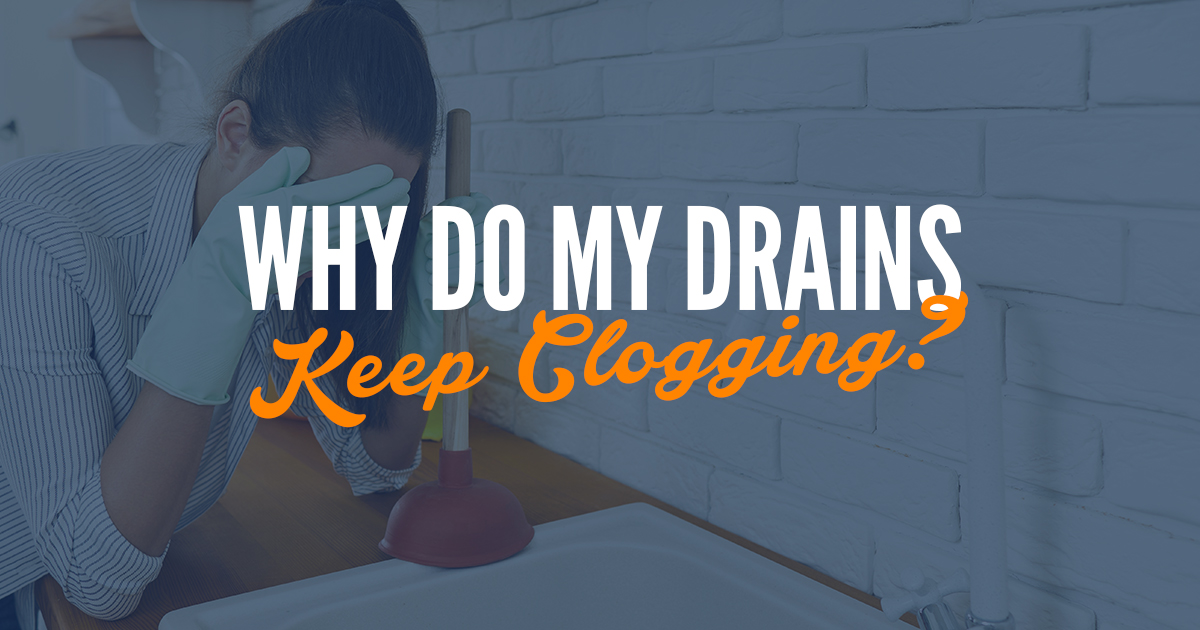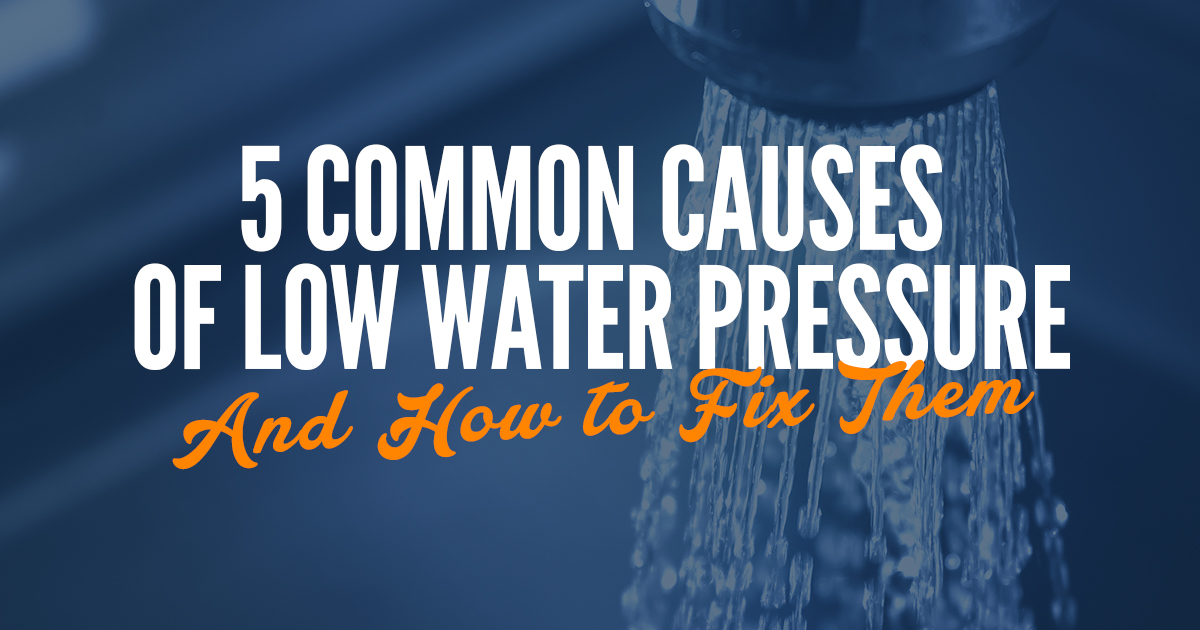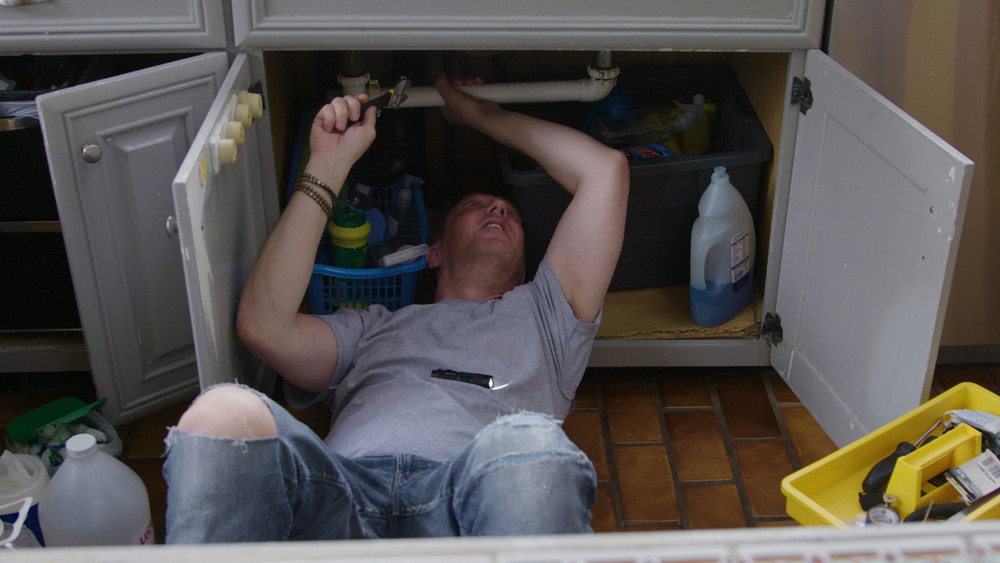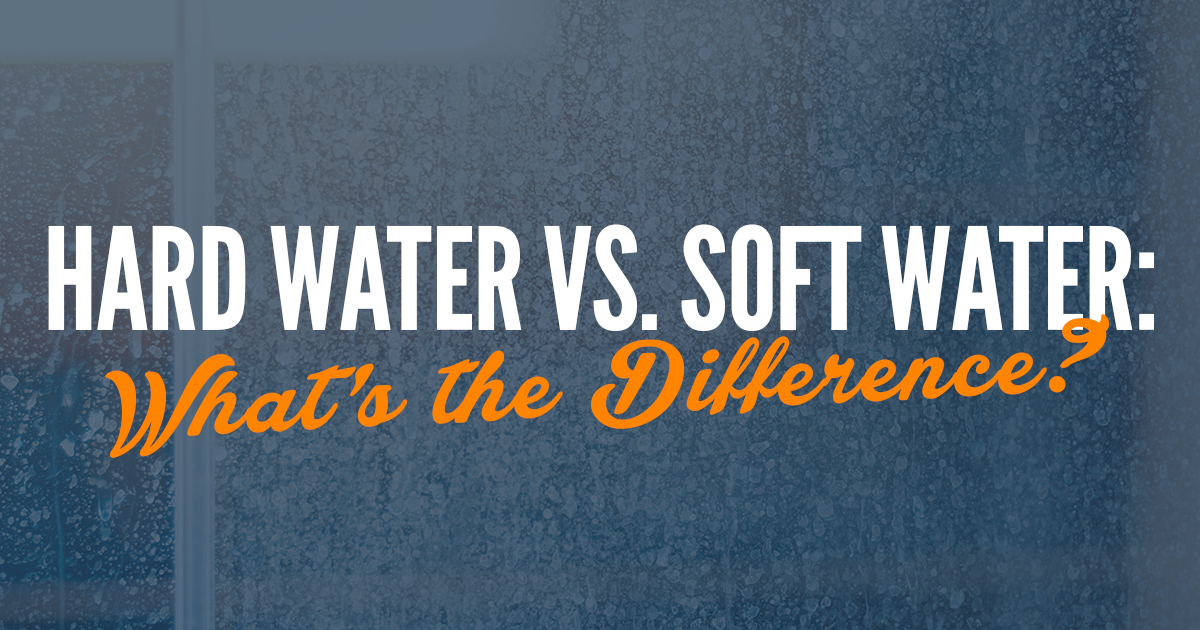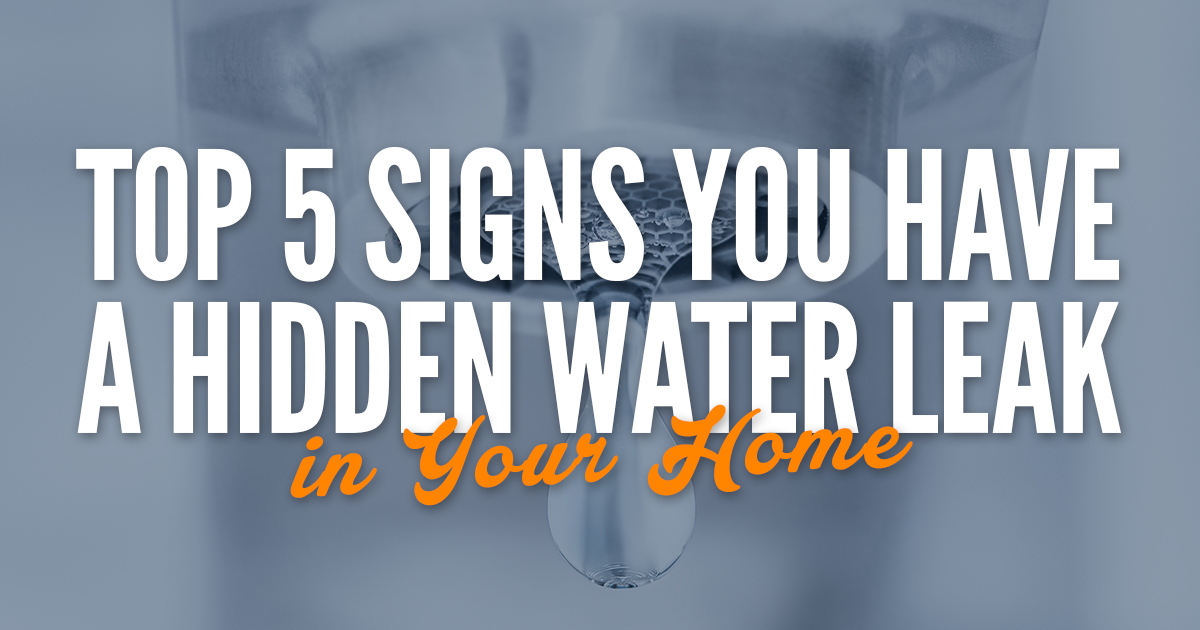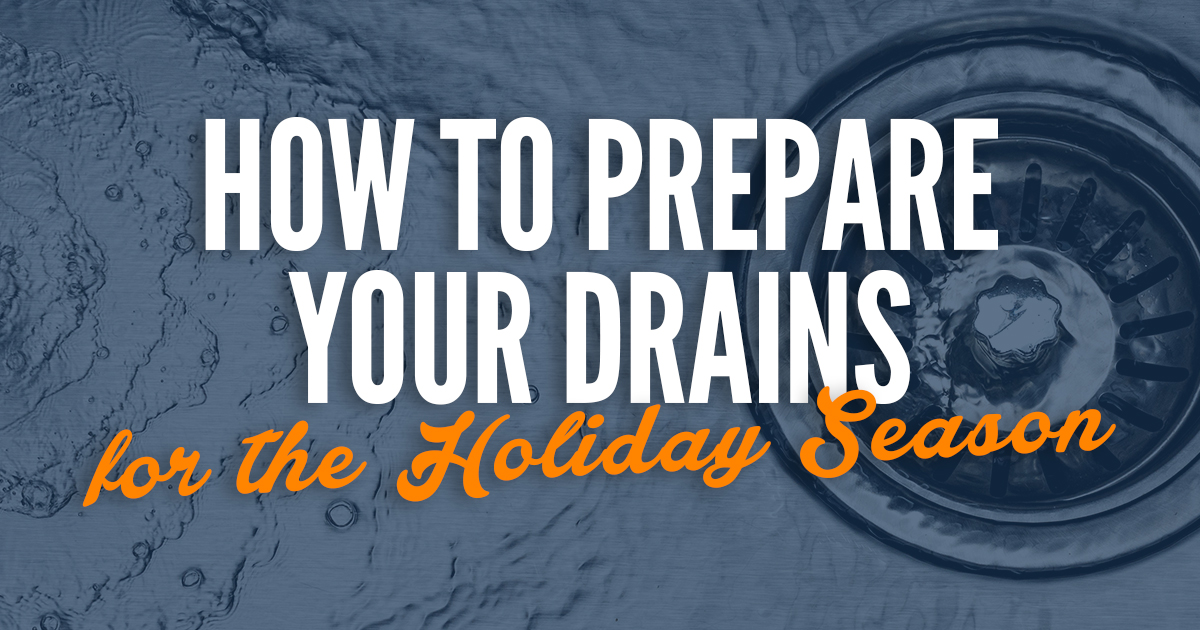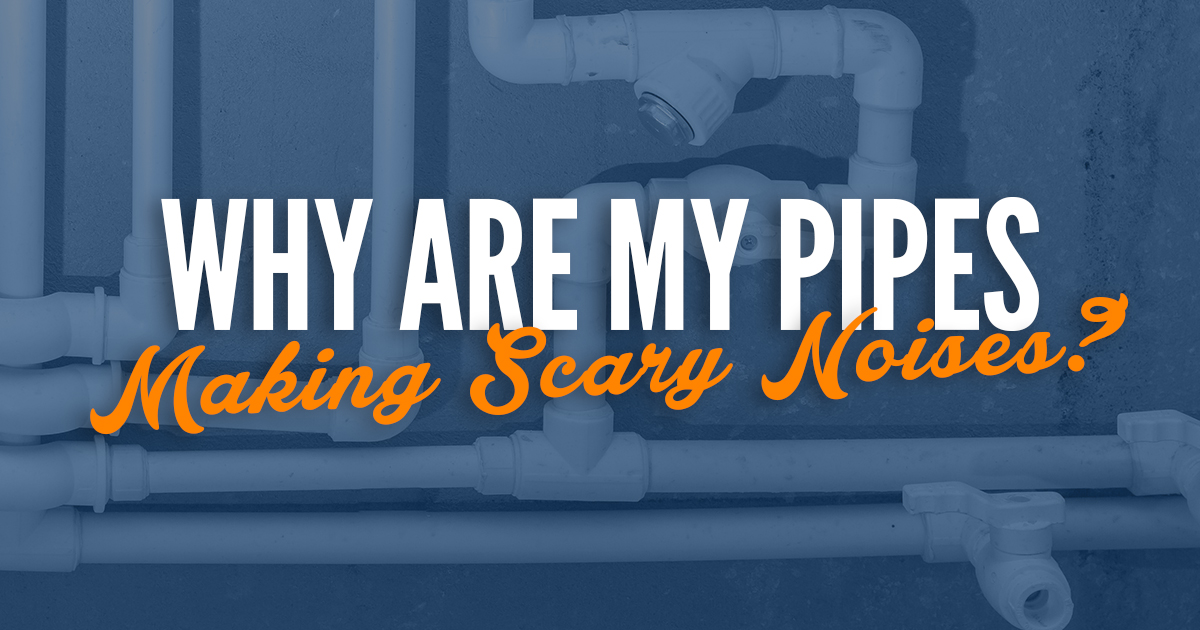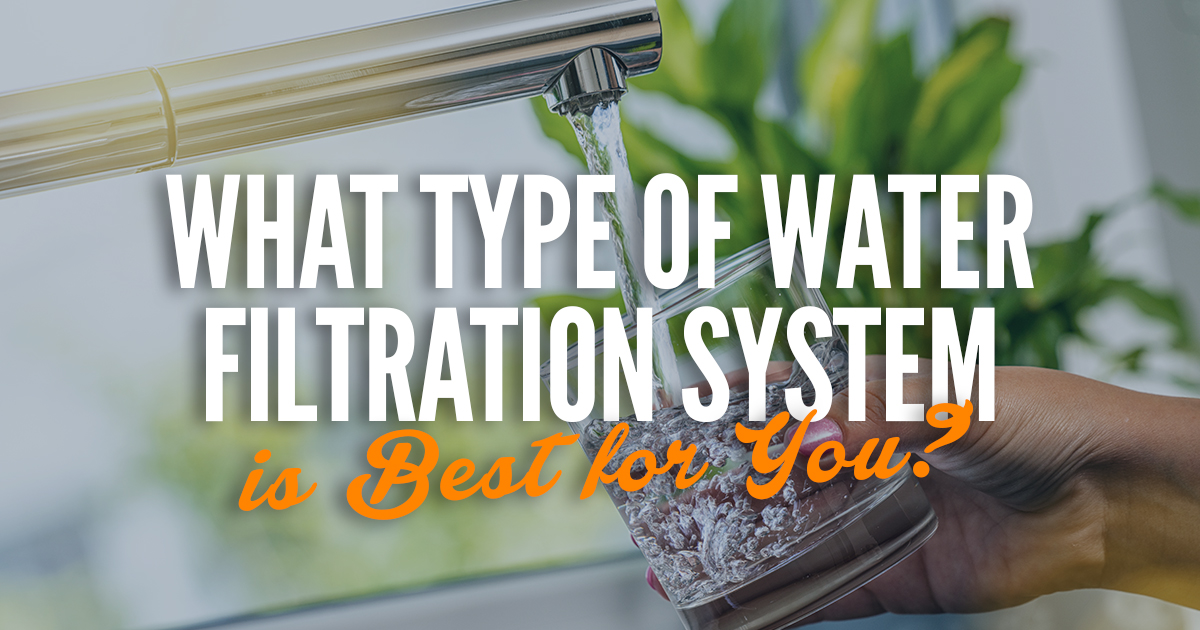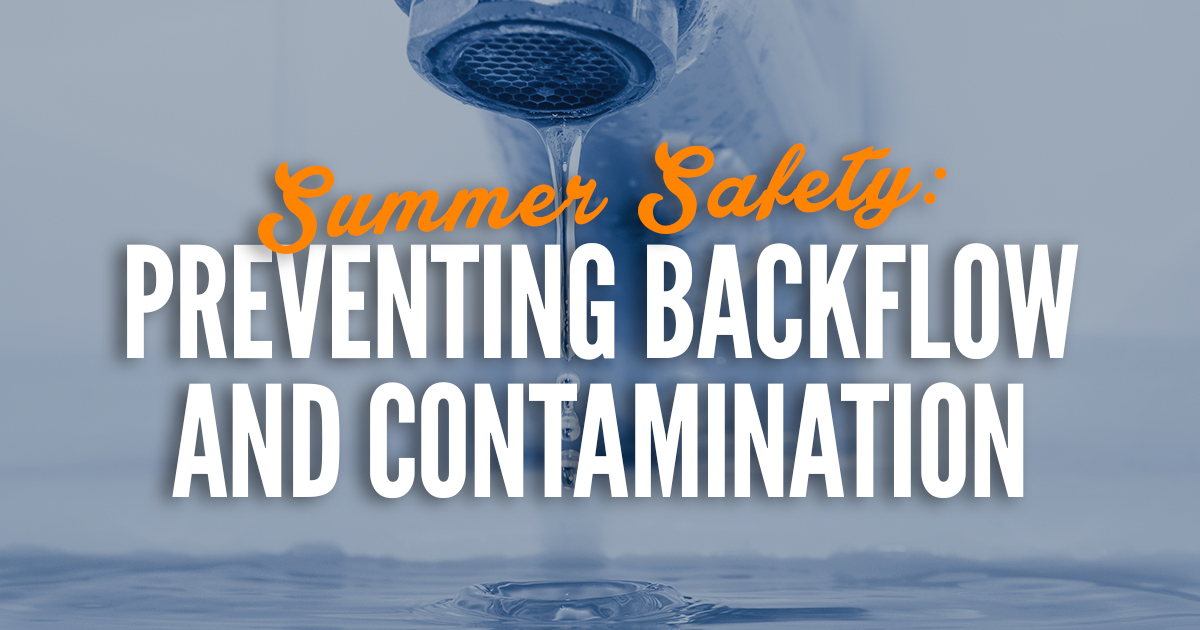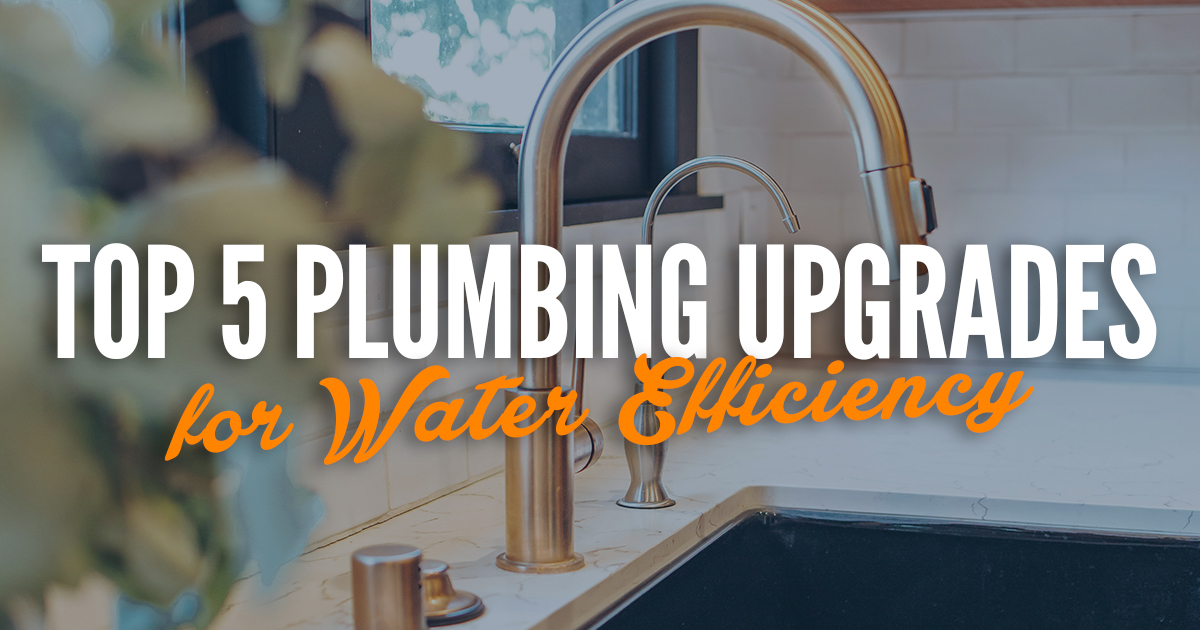It’s a frustrating scenario we’ve all been in: standing ankle-deep in soapy water because the shower won’t drain, or dealing with a kitchen sink that refuses to cooperate when you’ve got a pile of dishes to tackle. Why does it keep happening? Let’s dive into some common reasons your drains might be clogging and what you can do to prevent it.
1. Hair: The Silent Culprit
Hair is one of the most common causes of clogs, especially in bathroom sinks and showers. Over time, those strands combine with soap scum and other debris to create a stubborn blockage. The best way to combat this? Invest in a drain cover that catches hair before it can cause trouble. It’s a simple, inexpensive solution that can save you a lot of headaches down the line.
2. Grease Build-Up
In the kitchen, grease is the usual suspect. Even if you’re careful about pouring grease down the drain (which, by the way, you should never do), small amounts can still find their way in. Over time, grease solidifies and narrows your pipes, making it harder for water to pass through. The fix? Dispose of grease in a container and toss it in the trash. Better yet, wipe down greasy pans with a paper towel before washing them.
3. Foreign Objects
Let’s face it: drains weren’t designed to handle everything. Whether it’s food scraps, cotton swabs, or even a rogue toy, foreign objects can quickly lead to clogs. Use strainers in your sinks and be mindful of what’s going down the drain. Remember, drains are not trash bins!
4. Soap Scum and Mineral Buildup
Soap scum doesn’t just stick to your shower walls—it also accumulates in your pipes. Combine that with mineral deposits from hard water, and you’ve got a recipe for a clog. Regular cleaning and using a water softener can help reduce buildup and keep your pipes flowing freely.
5. Tree Roots
This one might surprise you, but tree roots can invade your sewer line in search of water and nutrients. Once they get in, they grow and block the flow of water. If you’ve noticed multiple drains clogging at once or a recurring issue despite regular cleaning, it might be time to call a professional to inspect your sewer line.
6. Old or Damaged Pipes
If your home has older plumbing, your pipes might be corroding, collapsing, or simply not up to modern standards. Damaged pipes can easily lead to clogs and even leaks. A professional inspection can determine if it’s time for a replacement or repair.
What Can You Do?
While some clogs are inevitable, there are steps you can take to reduce the risk:
- Routine Maintenance: Regularly clean your drains using natural solutions like baking soda and vinegar. Avoid harsh chemicals as they can damage your pipes over time.
- Install Drain Screens: These handy tools catch debris before it goes down the drain.
- Be Mindful: Only flush toilet paper and human waste down the toilet, and be cautious about what you put down sinks and garbage disposals.
When to Call in the Pros: Contact Griffin Plumbing to Tackle All Your Drain Clogs in Santa Maria, CA and the Surrounding Areas
Sometimes, despite your best efforts, clogs persist. That’s when it’s time to call in a professional plumber. At Griffin Plumbing, we’ve seen it all—from minor blockages to major sewer line issues. We’re here to help you get your drains flowing smoothly again.
So, the next time you find yourself dealing with a stubborn clog, remember: you’re not alone. And with a little know-how (and maybe some professional help), you can keep those pesky clogs at bay for good. Contact us today!
